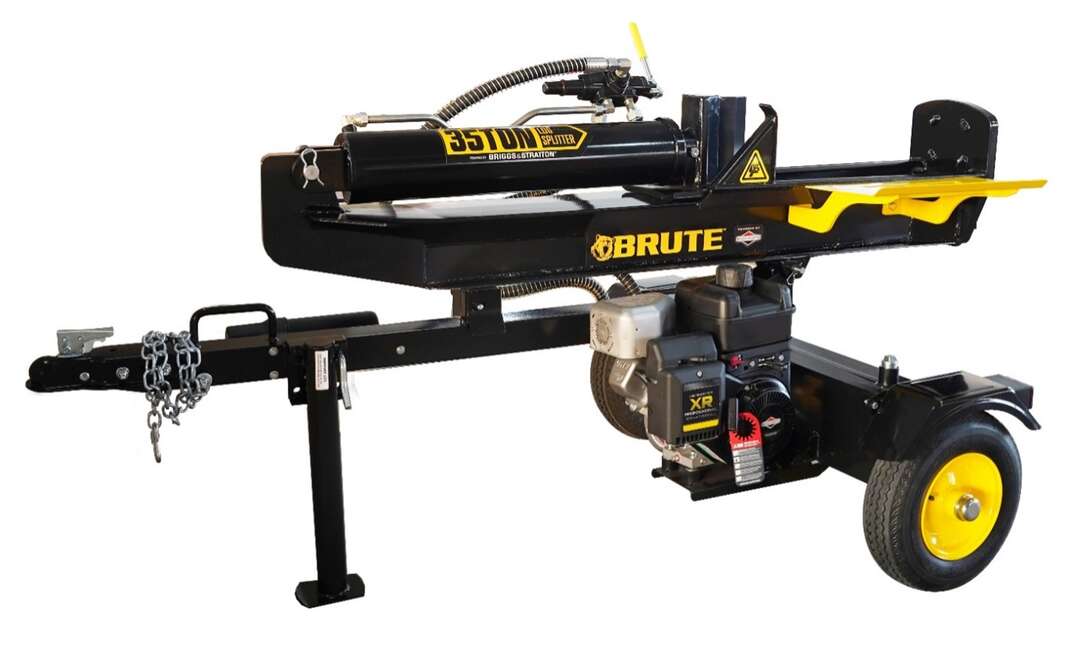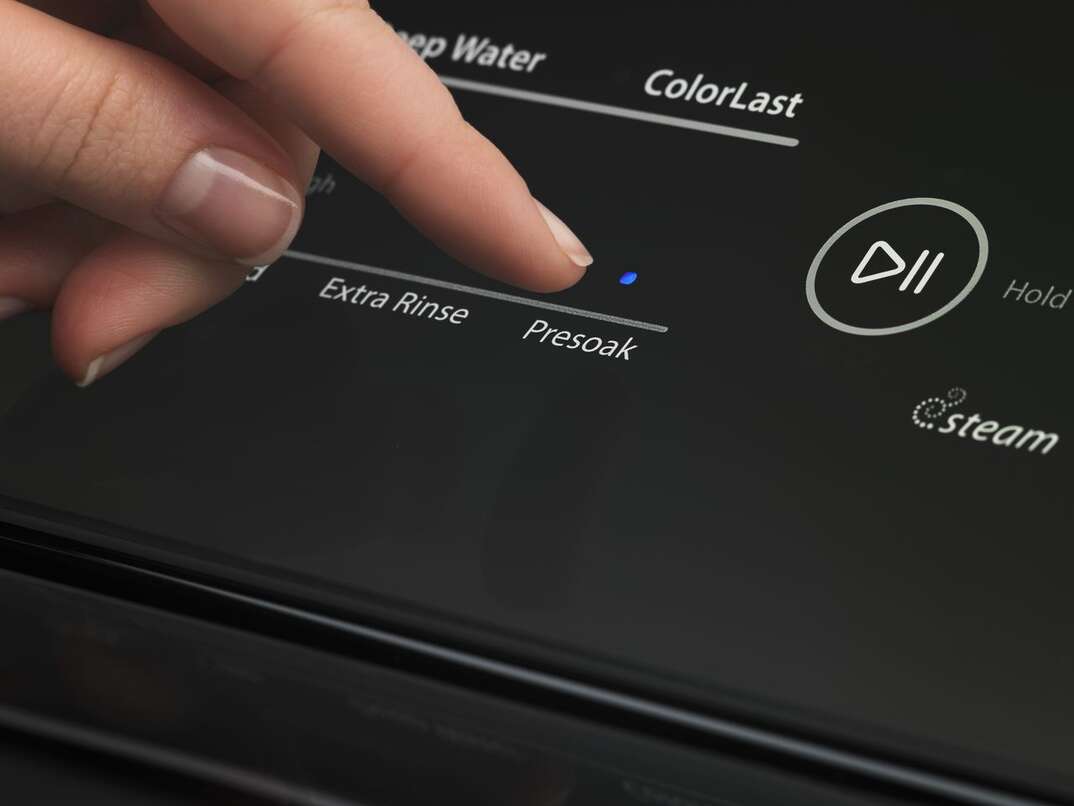How to Make Your Refrigerator Run at Peak Efficiency: 7 Top Tips
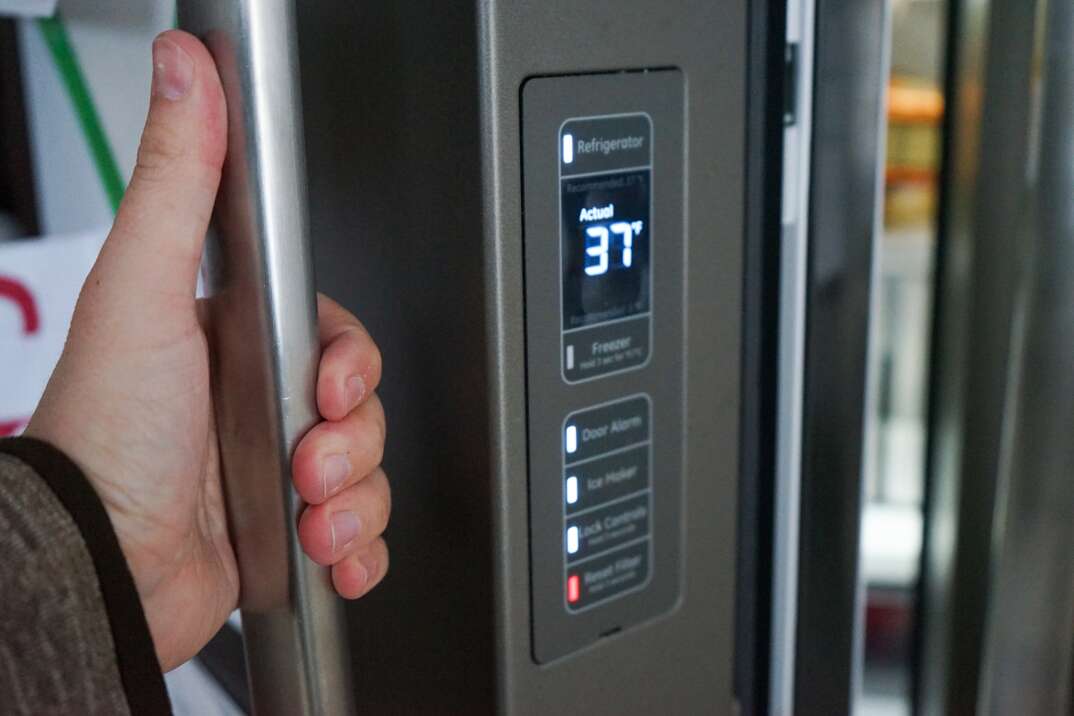
Does your fridge seem to be working hard to keep cool? Refrigerator efficiency can affect your utility bills and how cool your food stays.
This May Also Interest You: Everything You Need to Know About Built-in Refrigerators
Try these tips to improve your refrigerator's efficiency.
Are New Fridges More Energy-Efficient Than Older Models?
New refrigerators are more energy-efficient than older models, so replacing your fridge can help you save energy. Keep in mind not all new refrigerators have the same energy efficiency. Federal mandates establish the minimum energy-efficiency standards. Some manufacturers only meet that minimum, while others make refrigerators that are more efficient than they need to be. Reading the EnergyGuide label helps you compare the energy efficiency of each model if you're buying a new fridge or other appliances.
What Is an Energy Star Fridge?
To earn the Energy Star certification, a refrigerator must meet higher efficiency standards than the federal minimum. You can expect an Energy Star-rated fridge to operate with roughly 9% more efficiency than a fridge that only meets the federal minimum. When buying a new refrigerator, look for Energy Star models as a sign of good energy efficiency.
How to Make a Refrigerator Run More Efficiently
The energy efficiency of your refrigerator model is a major factor in how much power it uses. However, you can make any refrigerator more efficient based on how you use the appliance.
Try these tips:
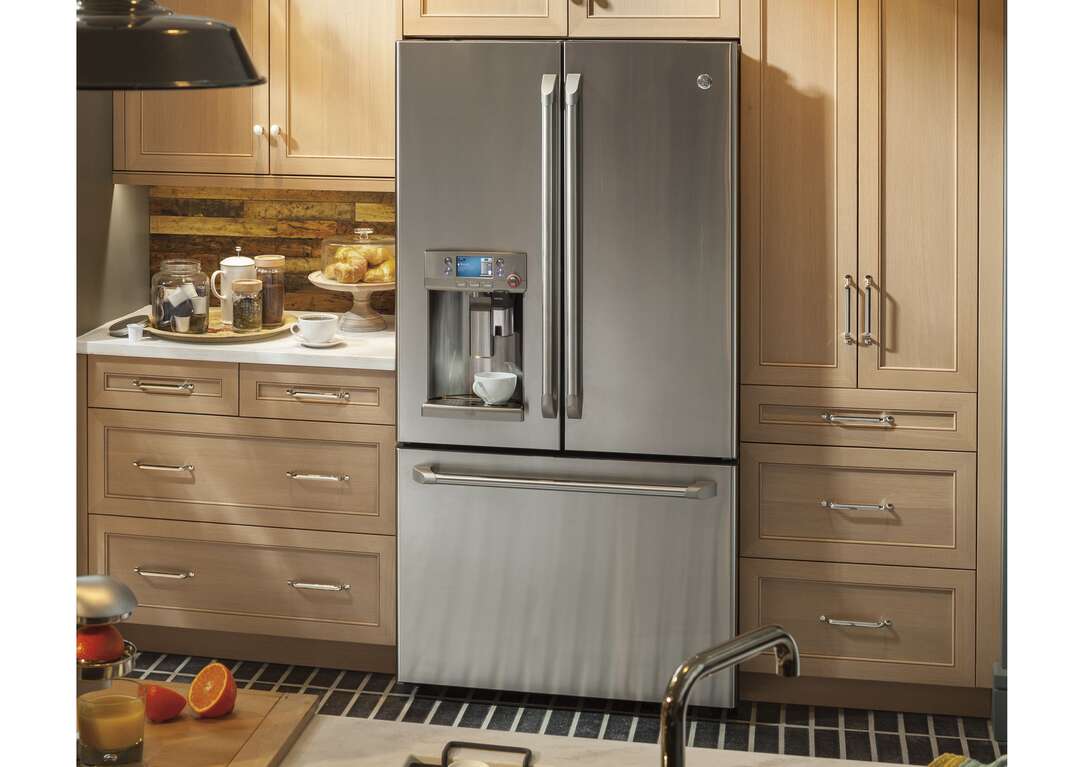
1. Upgrade Your Refrigerator
If you have an old refrigerator, consider replacing it with a newer refrigerator with efficient features. The older your current refrigerator is, the more beneficial this move will be for your energy bills. It can also save you money on repairs if your fridge is starting to have issues.
2. Clean the Coils
Vacuum your refrigerator coils every 6 months to a year to keep the unit running efficiently. If you don't clean the coils, dirt and dust can build up, which forces the fridge to work harder and can cause damage to the unit. You might need to clean the coils more often if you have pets or an extra dusty house.
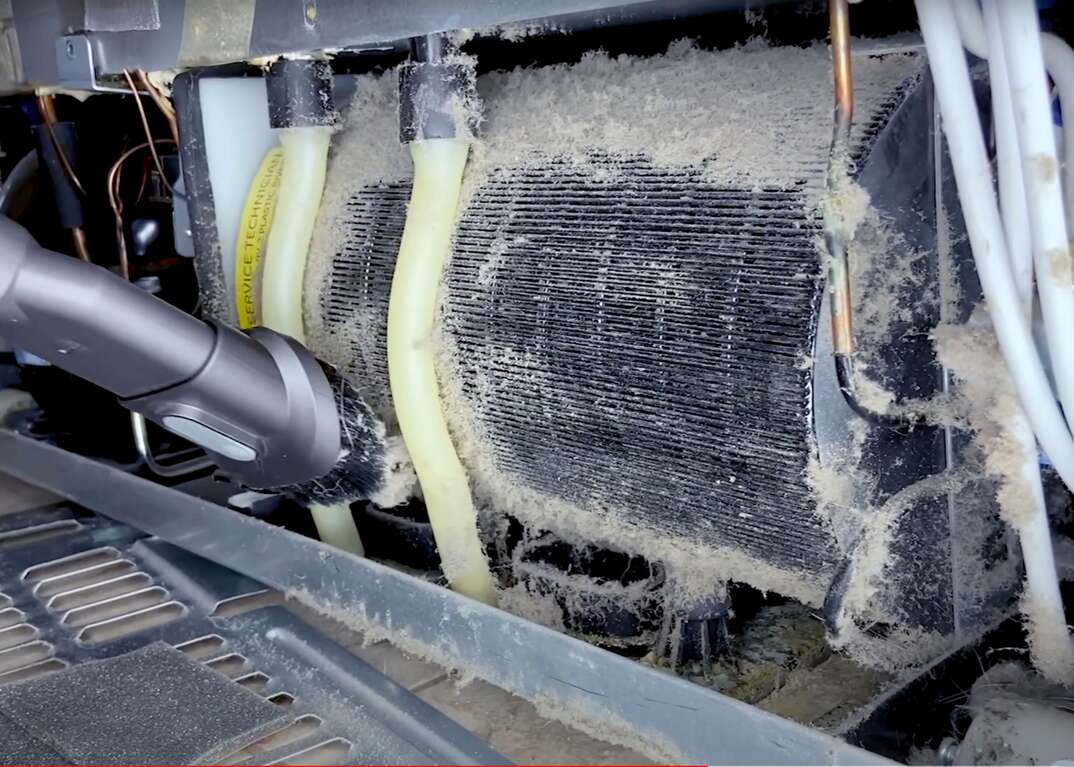
More Related Articles:
- How Long Do Appliances Last?
- We Gotta Move These Refrigerators: A Step-by-Step Guide to Moving Your Fridge
- LG’s Eco-Friendly Fridge Door and 4 Other Environmental Innovations
- How Much Does a Fridge Cost?
- Ever Cleaned Your Refrigerator Coils? Sure, We Believe You (But Here’s How Just in Case)
3. Allow for Air Circulation
Refrigerators run more efficiently with ample air circulation. Leave at least 2 inches (5 centimeters) behind and on the sides of your refrigerator. Inside the fridge, avoid packing it tightly with food. Leaving space between food allows the air to circulate, which helps with cooling so the fridge doesn't have to work as hard.
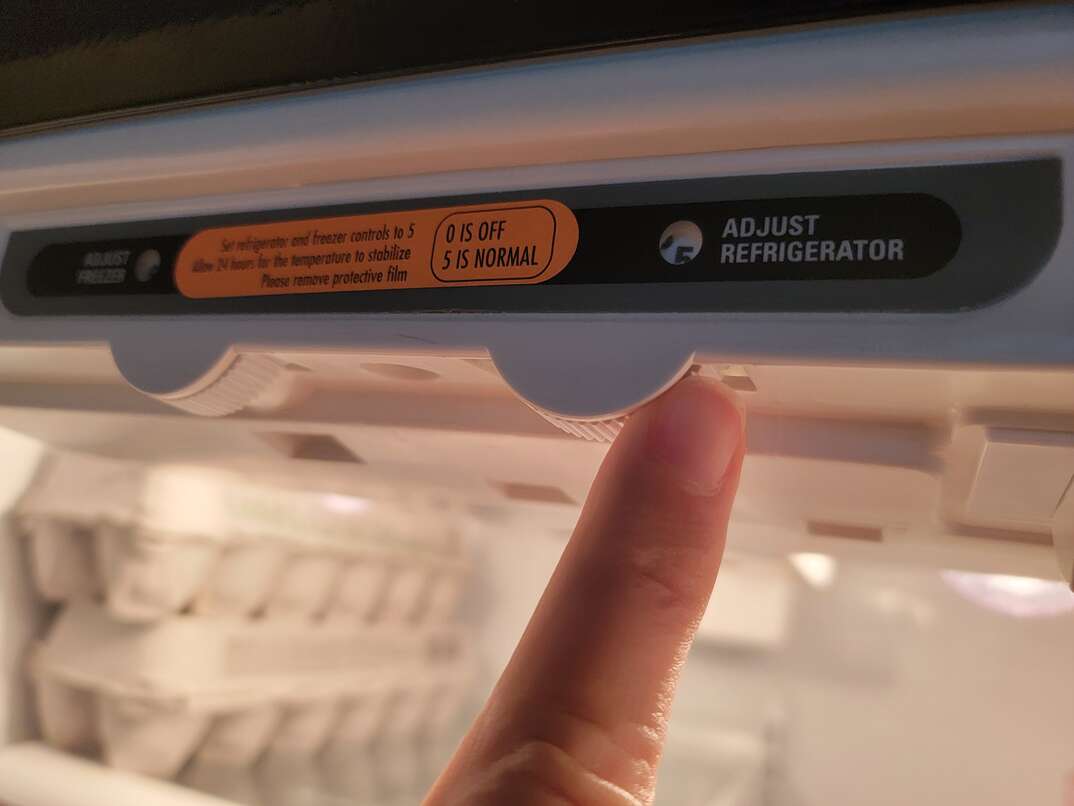
4. Watch the Temperature
Adjust the controls on the fridge as necessary to keep the inside cool enough without making it so cold it freezes things. Your fridge should be a maximum of 40 degrees Fahrenheit (4 degrees Celsius). Keeping a thermometer in the fridge helps you monitor the temperature.
5. Keep the Room Cool
The kitchen temperature can also impact the fridge's energy use. If the room temperature is higher than 70 degrees Fahrenheit (21 degrees Celsius), the refrigerator has to work harder to keep the internal temperature cold. A fridge that's near your oven or dishwasher might also have to work harder while those appliances run.
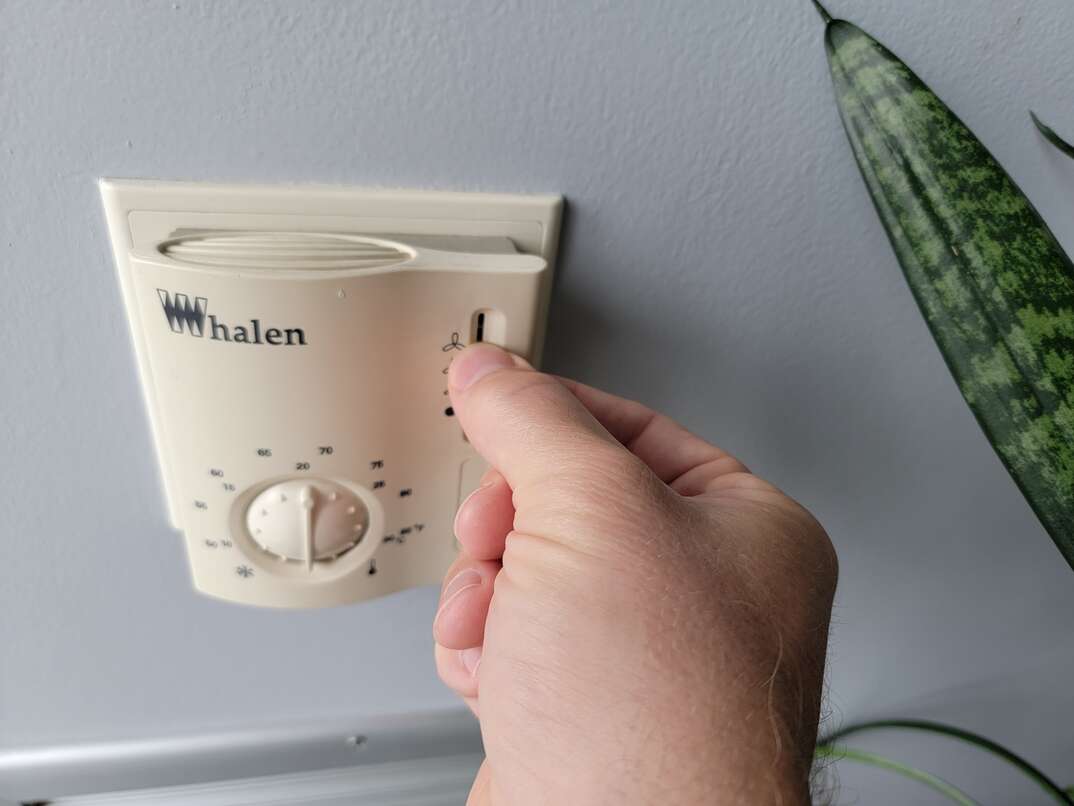
6. Check the Seal
Inspect the door gaskets periodically to ensure they still seal tightly. Damaged or poorly sealing gaskets allow cold air to escape from the fridge and cause it to work harder to stay cool. Wiping the gaskets regularly to remove food improves the seal. You can have the gaskets replaced if they're cracked or damaged.
7. Use Your Fridge Wisely
The way you use your refrigerator can also impact its energy efficiency. Limit how often you open your refrigerator and don't leave it open for longer than necessary. Keeping the fridge organized can cut down on how long you keep the doors open by making things easier to find. When you're putting hot leftovers away, give them time to cool instead of placing them in the fridge hot. These small changes help keep the fridge interior cooler, so the appliance doesn't have to work harder to cool it off.
Improving Refrigerator Efficiency
It can be difficult to track the improvement in your refrigerator's energy efficiency since your utility bill fluctuates, but making several small changes can help. Consider how you're currently using your refrigerator and which changes will make the most impact.
